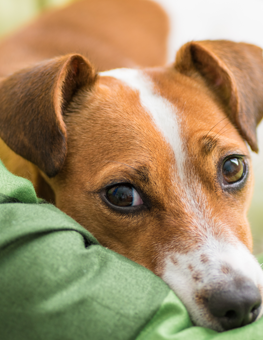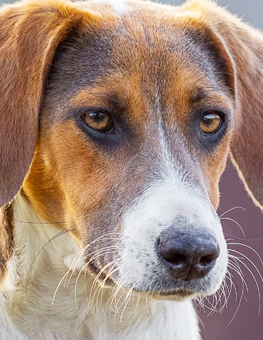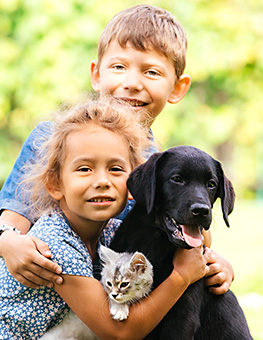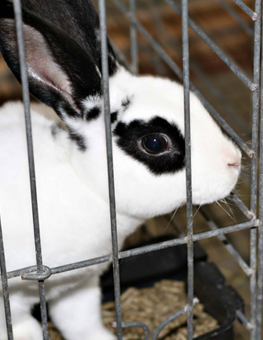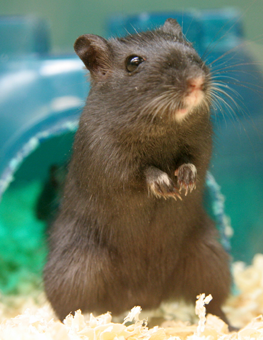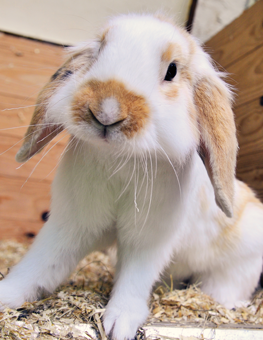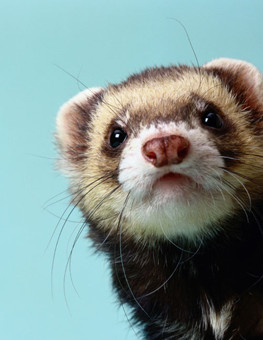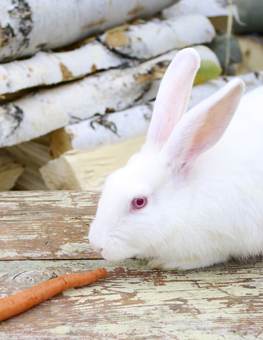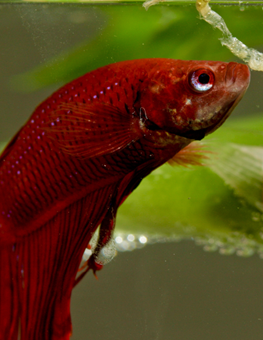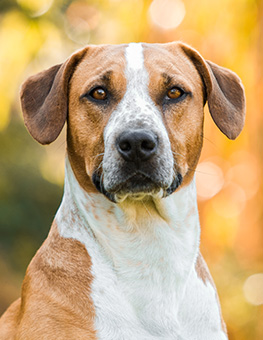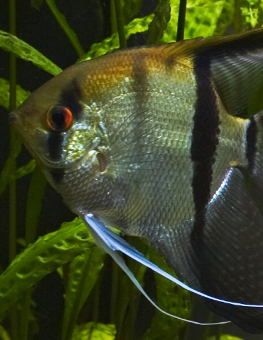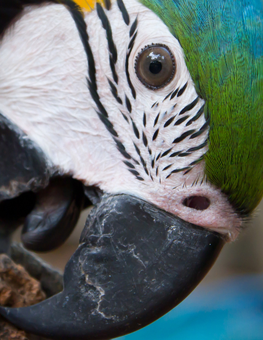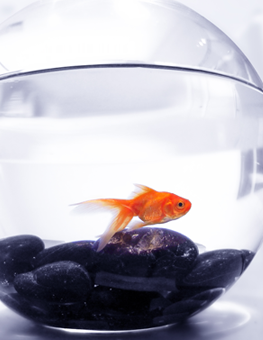Dealing with an Overweight Rabbit or Guinea Pig
Make sure to follow nutrition guidelines to keep your small pet from developing a weight problem.
Just like a human, it’s possible for your small pet to struggle with his weight. If your rabbit or guinea pig has a poor diet and gets too little exercise, he will have trouble keeping off the pounds.
Diet and Exercise
If your rabbit or guinea pig gets the proper food and right exercise, it’s unlikely that he will end up overweight. Here are the keys to keeping your small pet healthy:
- Always feed your pet a food that is formulated specifically for his species, be it rabbit or guinea pig. Not all small pet foods are created equally.
- Take it easy on the snacks. It’s ok to treat your rabbit or guinea pig once in a while, but you can’t give him a fattening treat every day. If you notice your small pet is getting chubby, lay off the treats altogether.
- Try giving your small pet fresh, healthy food. Rabbits like grass hay and other greens. Guinea pigs need vitamin C in their diet, so you should give them kale, red peppers, snow peas, or dark green leafy vegetables like mustard greens or turnip greens.
- If your small pet is overweight, do not put him on a crash diet. This could be dangerous. Instead, just feed him a regular, balanced, healthy diet and make sure he gets plenty of exercise.
- Playing with your small pet is a great way to ensure that he gets exercise, and it is a great way to bond. His cage can be restricting, so it’s important to get him out for exercise. While he is in his cage, making sure that he has plenty of toys to play with can increase his exercise level.
Problems Associated with Overweight Pets
Just like in humans, excess weight can cause a host of health problems in small pets. It’s important to know what these are in case you are dealing with an obese rabbit or guinea pig.
- Flystrike: This is a condition in rabbits in which the rabbit is too fat to groom himself properly, and leaves fecal material on himself. This results in flies laying their eggs around the rabbit’s anus. These eggs hatch into maggots. If you notice any maggots around this area on your rabbit, you should take him to the veterinarian to have him treated.
- Urine Scald: This is a condition similar to flystriking in which the skin and fur between the hind legs becomes irritated because it is damp from urine. Like flystriking, you should consult your veterinarian about treatment.
- Pododermatitis: This is a condition that is common in overweight rabbits and guinea pigs that results in irritation, soreness, and pain in the rabbit’s legs and hocks. Your pet may be limping and will have redness, swelling, or scabs on his feet. You can treat this by improving your pet’s diet and giving him a better, cleaner surface to walk on. This usually involves softer bedding, and smooth, dry floors.
- Ketosis: This is a condition that affects overweight Guinea Pigs in which their body burns more fat than it needs to because of improper glucose or liver glycogen levels. It can result in stillbirths and abortions.



